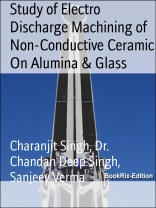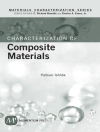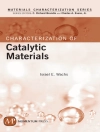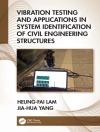Electric Discharge Machining (EDM) is very important and prominent machining process
among all the newly developed non -traditional machining techniques. This process is
extremely useful for “difficult to machine” conducting materials such as heat treated tool
steels, composites, super alloys, heat resistant steels, ceramics, carbides, etc. In this
technique i.e. in EDM, the material removal of the electrode is achieved through high
frequency sparks between the tool and the work-piece immersed into the dielectric. The
Material Removal Rate (MRR), Tool Wear Rate (TWR) and surface roughness are some of
the important performance parameter of EDM process. The objective of EDM is to get high
MRR as well as achieving reasonably good surface quality of machined component. The
machining parameters that achieve the highest MRR strongly depend on the size of the
machining surface i.e. Electrode used and work-piece surface. With upcoming worldwide
important applications of Non-Conductive ceramics machining has become an important
issue which needs to be investigated in much detail. The Alumina (Al2O3), Glass and other
advanced engineering ceramics are rapidly emerging class of engineering materials
possessing a wide range of remarkable properties i.e. high hardness, chemical stability,
very low friction, unique electrical properties and these engineering ceramics posses high
wear resistance which make them highly suitable for such engineering applications as jet
engines and other aeronautical components, tools and dies and electronic sensors.
Dr. Chandan Deep Singh & Charanjit Singh
Study of Electro Discharge Machining of Non-Conductive Ceramic On Alumina & Glass [EPUB ebook]
Study of Electro Discharge Machining of Non-Conductive Ceramic On Alumina & Glass [EPUB ebook]
Mua cuốn sách điện tử này và nhận thêm 1 cuốn MIỄN PHÍ!
Ngôn ngữ Anh ● định dạng EPUB ● ISBN 9783743849747 ● Kích thước tập tin 3.3 MB ● Nhà xuất bản BookRix ● Được phát hành 2018 ● Có thể tải xuống 24 tháng ● Tiền tệ EUR ● TÔI 6749559 ● Sao chép bảo vệ không có












